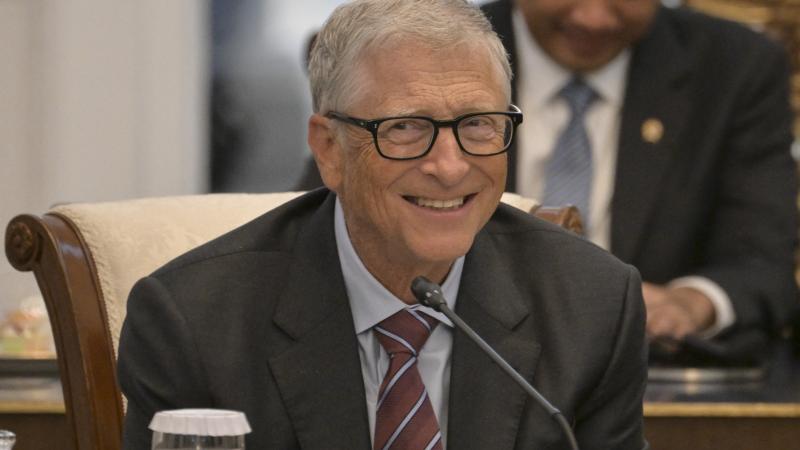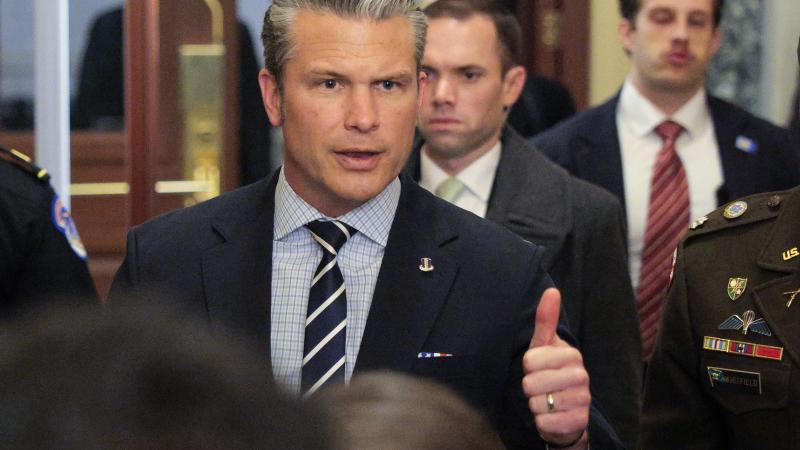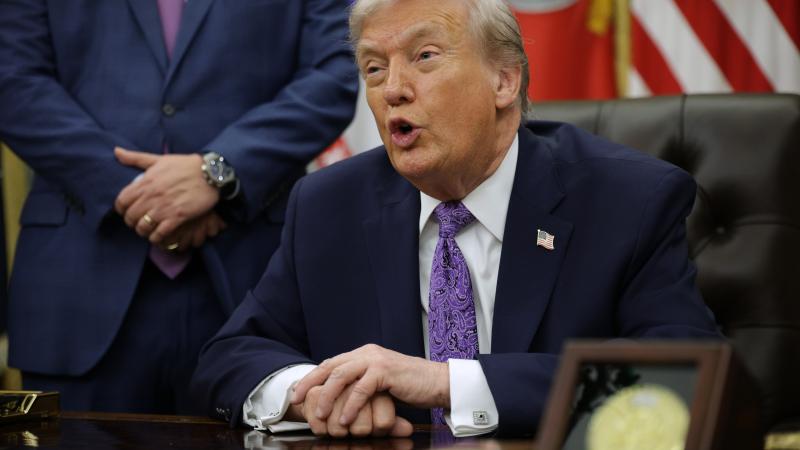Native American tribes won’t pursue further court action against lithium mine they want to stop
Instead of further legal actions, the tribes will attempt to change the General Mining Law of 1872, which allows companies and individuals to stake claims on public land for any mineral discoveries they make.
The Native America tribes that were suing the Bureau of Land Management to stop a lithium mine in Nevada won’t be pursuing further legal action.
Last month, a federal judge had ruled against the three tribes. The tribes argued that the Thacker Pass mine, which will be the largest in the world if it opens, is near a site of the 1865 massacre in which as many as 50 Native Americans were believed to have been killed by federal soldiers.
U.S. District Judge Miranda Du in her ruling said that the tribes had failed to prove the mine is near the site where the massacre took place.
Du said the tribes could amend their complaint to argue the bureau failed to consult them as required by federal law, but since the tribes had had a series of legal actions fail, Du expressed skepticism that another attempt would succeed.
The Nevada Current reported that instead of further legal actions, the tribes will attempt to change the General Mining Law of 1872, which allows companies and individuals to stake claims on public land for any mineral discoveries they make.
The tribes argue the law permits claimants to establish mines anywhere in the state and gives tribes little recourse to stop the projects.
Demand for lithium is expected to rise, driven by sales of electric vehicles. Fitch Solutions, BMI, predicts a lithium supply deficit by 2025, largely the result of China’s lithium demand. China controls only about 8% of the world’s lithium reserves, but it controls more than half of world’s the refining capacity.
This has led to a growing interest from the federal government in developing domestic supplies of lithium and other critical minerals.
















